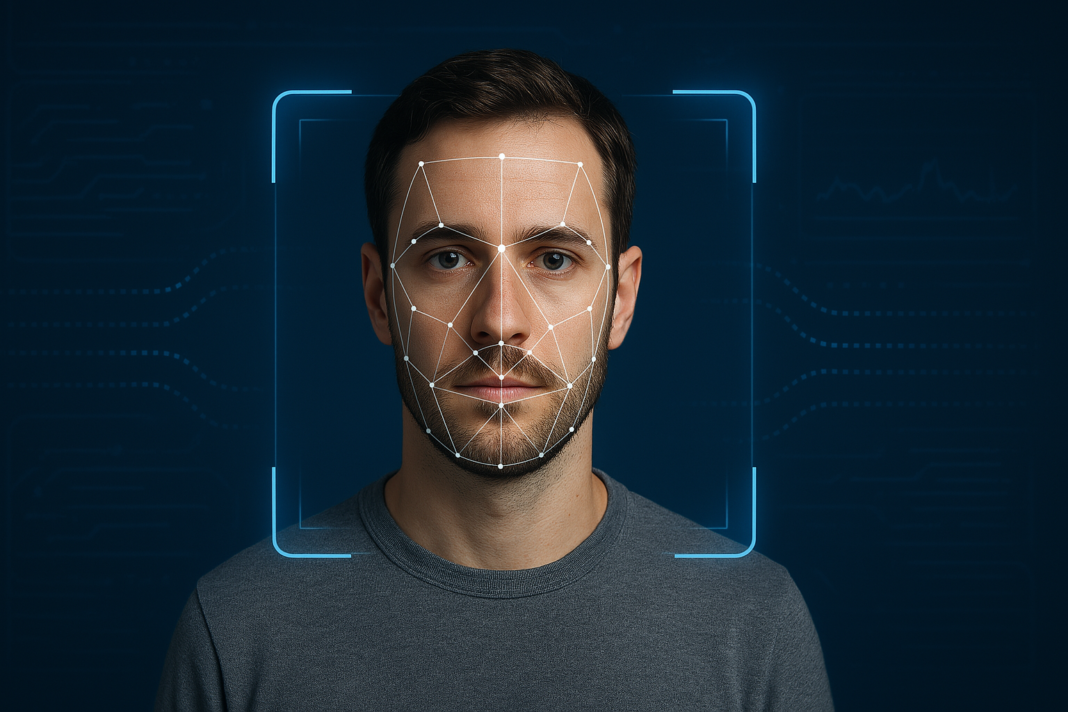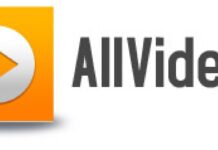In a time where online identity verification has become increasingly vital, FaceCheck.ID is making headlines as one of the most powerful and controversial facial recognition tools available to the public. Marketed as a way to “see where someone’s face appears online,” this tool is raising eyebrows—and serious ethical questions—across the tech and privacy communities.
What is FaceCheck.ID?
Launched as a facial recognition search engine, FaceCheck.ID allows users to upload a photo and search for visually similar faces across various platforms, including social media, news outlets, blogs, video thumbnails, and public records like mugshots and sex offender databases. The site claims to help people verify identities, detect scams, and even assess potential threats.
According to the developers, FaceCheck.ID is intended for investigative purposes—whether it’s checking if a new Tinder match is real, vetting someone before a business transaction, or performing background research. However, the implications of its use have stirred both intrigue and concern.
How It Works
Each user-uploaded photo is compared to a massive database of publicly available images. The system then returns a list of matching or visually similar faces, along with links to the platforms where the images were found. In practice, this means a single selfie could potentially reveal a person’s presence on Facebook, Reddit, YouTube, and in certain cases, mugshot archives or legal databases.
Searches consume credits, and FaceCheck.ID operates on a tiered pricing model:
- Just a Peek – $6 for 36 credits
- Rookie Sleuth – $19 for 150 credits
- Private Eye – $47 for 400 credits
- Deep Investigator – $197 for 2,000 credits
- The Professional – $597 for 10,000 credits
Each search costs 3 credits, and interestingly, the platform only accepts cryptocurrency payments—primarily Bitcoin and Litecoin.
Public Reaction: Useful or Unethical?
While some users praise the tool for its simplicity and effectiveness, especially in personal safety or investigative contexts, others argue that it crosses a dangerous line. On Reddit and other OSINT (Open Source Intelligence) forums, critics have blasted FaceCheck.ID’s pricing model as overly expensive and exclusionary, shifting focus from public good to profit.
“This used to be a tool for everyday people or researchers,” one Redditor wrote. “Now it feels like it’s only for private investigators or businesses with a budget.”
Privacy advocates are also alarmed. The site operates in a legal grey area—relying on the public nature of indexed photos to skirt more stringent data protection laws. However, the broader concern is how easily the technology could be abused for stalking, doxxing, or harassment.
Final Thoughts
FaceCheck.ID is a glimpse into a future where facial recognition isn’t just for governments or corporations—it’s for anyone with a wallet and a photo. Its ability to quickly connect the dots between online personas and real identities is both powerful and potentially dangerous.
As the debate over ethical AI and privacy rights continues, tools like FaceCheck.ID will remain in the spotlight. Whether it becomes a go-to safety tool or a cautionary tale depends largely on how it is used—and regulated—in the months to come.
















